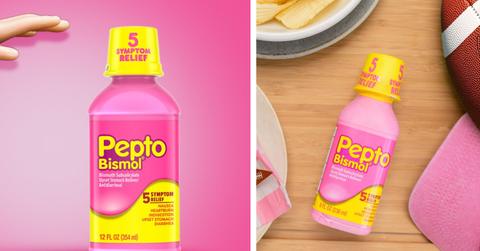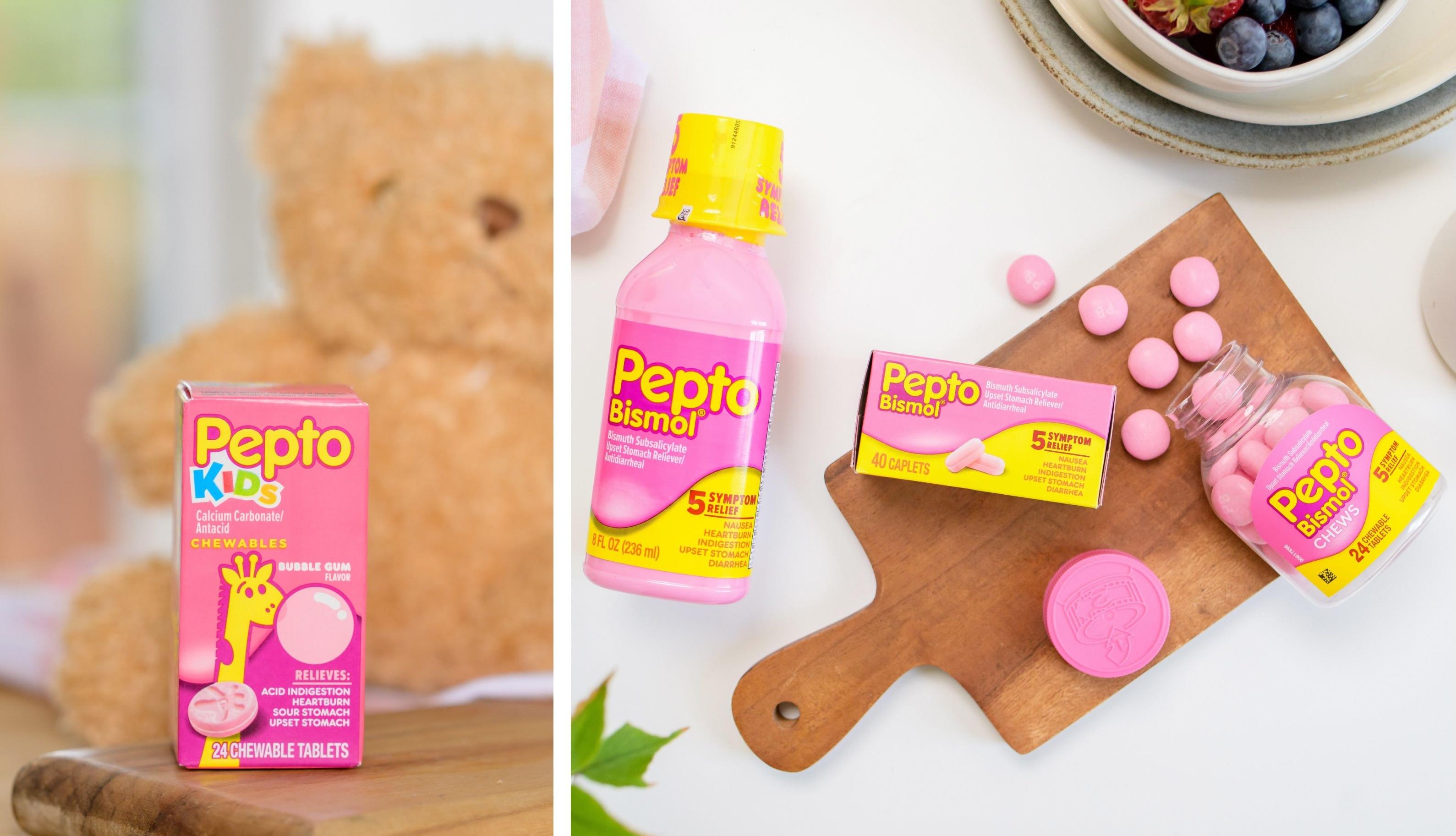Why Is Popular OTC Brand Pepto-Bismol Banned in Europe?
Pepto-Bismol is not sold in France due to a health scare in the 1970s.
Published Nov. 19 2025, 3:47 p.m. ET
It is no surprise that some foods, medicines, and ingredients are widely used in the U.S. but are strictly banned in Europe. How could it be that a product is deemed safe enough to use in one region, but another region outright bans its use?
Take, for example, OTC medicine brand Pepto-Bismol. Consumers in the U.S. are no doubt familiar with the brand's catchy commercial jingle and varied uses, but their counterparts in Europe are banned from using the product. Why is that?
If Pepto-Bismol is such an effective product that has been around for decades, why is it deemed safe enough for consumers to use in the U.S. but not in Europe? Is Pepto-Bismol banned throughout all of Europe, or only in certain countries?
Below, we explore why Pepto-Bismol is allowed for consumers to use in the U.S. but not in Europe. Continue reading to learn more about the laws regarding Pepto-Bismol's safety in various regions of the world.
Why is Pepto-Bismol banned in Europe?
According to a report in The Atlanta Journal-Constitution, "Over-the-counter medicine for traveler’s diarrhea is regulated, too. Pepto-Bismol is not sold in France due to a health scare in the 1970s. Imodium is sold in France only with a prescription."
As an article in Medino elaborates, "In Europe, particularly in France, high levels of bismuth in medication are forbidden due to concerns about its potential impact on the brain as a heavy metal. This restriction has led to the unavailability of Pepto-Bismol in its original form in some European countries."
The product's name (Bismol), of course, refers to the bismuth included in the medicine's formula.
Nevertheless, as research published in BMC Neurology notes, "Bismuth subsalicylate (Pepto-Bismol) appears less likely to cause neurotoxicity than other bismuth compounds (namely bismuth subnitrate or subgallate)."
Perhaps as time has passed, the scare regarding bismuth in medication has dissipated to some extent in other regions of Europe.
As Medino clarifies, Pepto-Bismol is not banned in the UK. Certain restrictions on its usage apply.
"It has recently been made available from retail pharmacies, and you can purchase a variety of different sizes," according to the article. "You can still only purchase Pepto-Bismol in its liquid form. As of yet, the chewable tablets are still not available, and unfortunately, there is no return date known."
If you are planning to travel from the U.S. to Europe in the coming weeks, it is advised that you first consult with your primary care provider, or a trusted pharmacist, to clarify if you can bring Pepto-Bismol with you on your travels.
If you are unable to obtain a clear answer, it is also advised to check the European country's governmental website to determine whether or not information regarding Pepto-Bismol's legality is available.
Finally, if information is unavailable for the country to which you intend to travel, you could also discuss a similar prescription medication with your primary care provider to ensure you possess all proper documentation for medication that is necessary for your health and safety as you travel.

